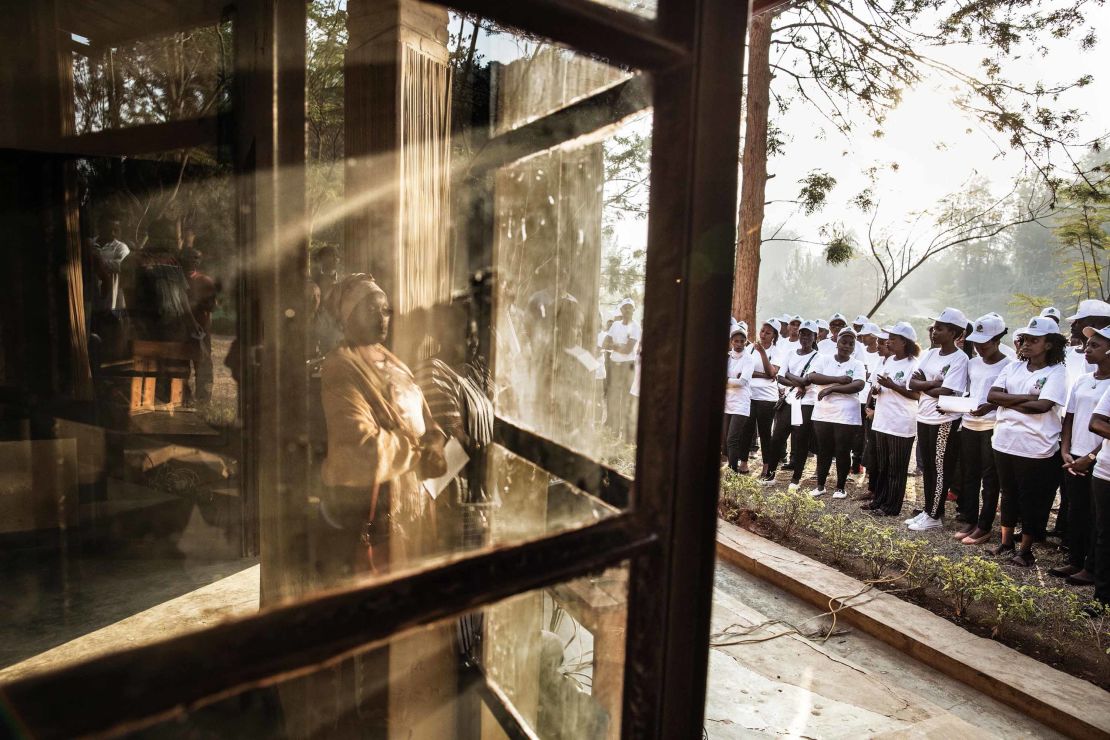Story highlights
NEW: Preliminary results show Kagame appears headed for victory
Almost 7 million people were registered to vote in the presidential election
Rwandan President Paul Kagame appeared to be heading for a landslide victory early Saturday as preliminary election results started coming in.
Kagame held a big lead in preliminary results posted on the National Electoral Commission’s Twitter feed, which showed him with more than 98% of the vote so far.
Official results won’t be announced until August 12, after the National Electoral Commission considers petitions and verifies numbers.
Kagame has a seven-year tenure and is likely to enter his third term in office.
According to the the electoral commission, close to 7 million people took part in the election this year, with 45% of them young people.
More than 44,000 Rwandans living outside the East African nation cast their votes on Thursday, the government said.
Kagame’s only opponents in the race for the presidency were independent Philippe Mpayimana, a former journalist who has spent much of his life in exile in Europe, and Frank Habineza, of the Democratic Green Party.

Three more prospective candidates were disqualified from running. Among them was the only woman to put herself forward, women’s rights activist and Kagame critic Diane Shima Rwigara.
Within days of announcing her plans to stand against Kagame, nude photos of her – photos that she says were altered – began to circulate on the Internet. The Rwandan Electoral Commission later ruled that Rwigara had not collected enough signatures to support her candidacy. She disputed that ruling.

Kagame, who has been President for 17 years and turns 60 this year, is eligible to stand again thanks to changes to the country’s constitution – overwhelmingly approved in a 2015 referendum – that allow him to seek up to a fifth term in office, and potentially remain in the post until 2034.
He rose to power after leading the armed wing of the Rwandan Patriotic Front into Kigali to halt the 1994 genocide, in which more than 800,000 Rwandans, mostly Tutsis but also politically moderate Hutus, were killed by Hutu extremists. As many as two million people fled the country.
Kagame, a Tutsi who became President in 2000 after stints in other government posts, pursued those responsible for the genocide across the border into the Democratic Republic of the Congo (then known as Zaire). A 2010 report commissioned by the United Nations found the Rwandan military did not discriminate between Hutu fugitives and refugees and that the majority of those killed posed no threat to the attacking forces.

Kagame is credited by supporters with modernizing a nation once at war with itself and helping it develop a flourishing economy. But allegations of repression, violence and politically-motivated murder have created a climate of fear in the country, according to human rights group Amnesty International.
Fellow rights group Human Rights Watch highlighted restrictions on freedom of speech and said the Rwandan government had limited the ability of opposition parties and civil society groups to operate freely in the run-up to the vote.
Pro-government views dominate the country’s media, and journalists who question the official narrative are harassed or detained, it added.
CNN’s Stephanie Busari in Lagos, Nigeria, contributed to this report.




